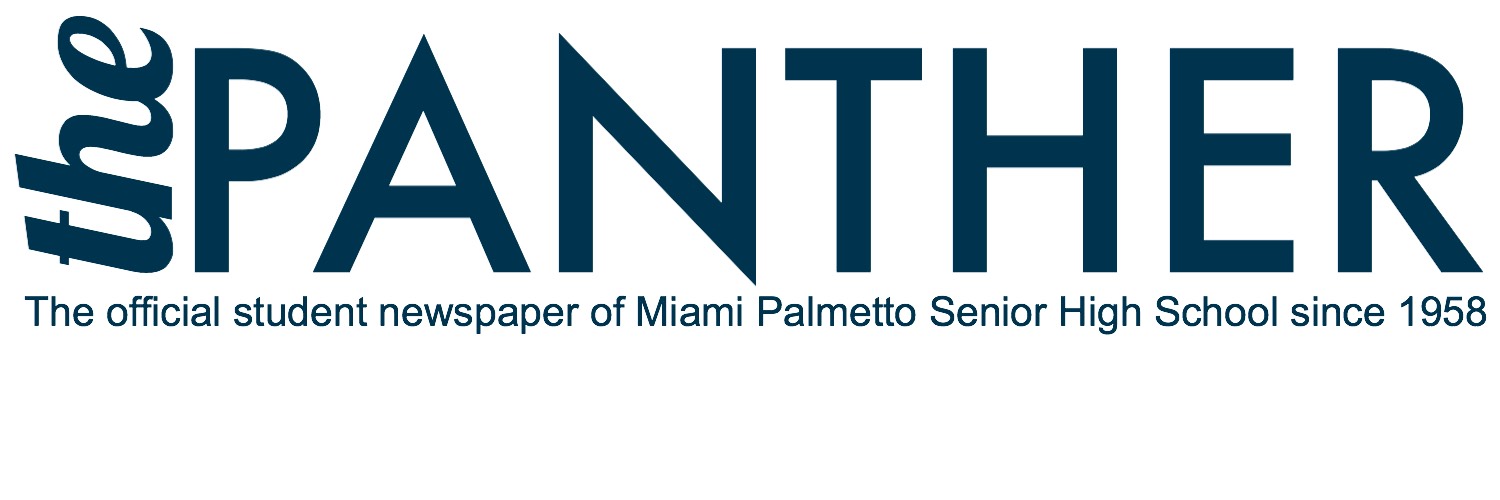U.K. Judge Blocks Extradition of Julian Assange to the U.S.
January 6, 2021
On Jan. 4, 2021, U.K. Judge Vanessa Baraitser ruled that WikiLeaks founder Julian Assange would not face extradition to the U.S. on espionage charges. Baraitser explained that he remains at risk of self-harm and suicide if placed inside a U.S. prison.
Assange, an Australian native, was indicted in the U.S. during 2019 on 17 counts of violation of the Espionage Act and conspiracy to hack military computers from 2010 to 2011.
This indictment relates to his publication of classified military and diplomatic materials relating to U.S. involvement in the wars in Iraq and Afghanistan. The intelligence provided to Assange came from the former U.S. Army intelligence analyst Chelsea Manning. If convicted on all charges, Assange could serve a maximum sentence of 175 years in federal prison.
Baraitser explains that the climate Assange would face if extradited may cause his mental health to further deteriorate. If extradited, Assange would most likely serve his time at the Administrative Maximum Facility of Florence, Colorado, the highest security federal prison in the U.S.
Through testimony from expert witnesses, Baraitser received evidence that Assange has a depressive disorder and autism spectrum disorder. Nils Melzer, a United Nations independent human rights expert, also stated that Assange’s respiratory condition put him further at risk to contract COVID-19.
Worried that these conditions could propel him to self-harm or attempt suicide, Baraitser felt that Assange needed to remain in the U.K.
Baraitser clarified that her ruling did not stem from the defense’s argument that U.S. prosecutors have ulterior motives and are conducting a politically motivated case.
Many free-speech advocates and members of Assange’s defense team have argued that the latter remains the case, citing that Assange remains in the right due to the First Amendment and freedom of the press protections. Australian lawyer and legal advisor to Assange, Greg Barns, argues that Assange would not face a fair trial in the U.S. if extradited.
The U.S. Department of Justice announced that they will appeal the ruling made by the courts in the next two weeks. Lawyers for the DOJ also added that they plan to continue efforts to extradite Assange to the U.S.
On Jan. 6, 2021, Judge Vanessa Braitser denied bail for Assange, stating that he may refuse to return to court for appeal proceedings and evade the justice system.









